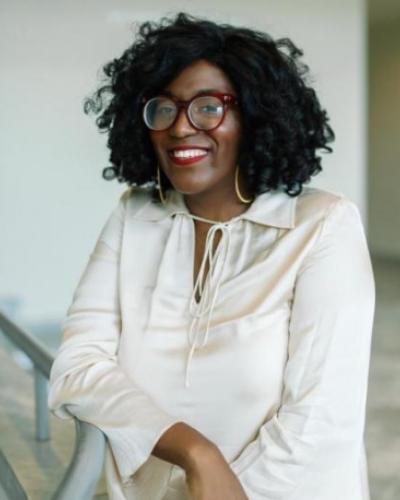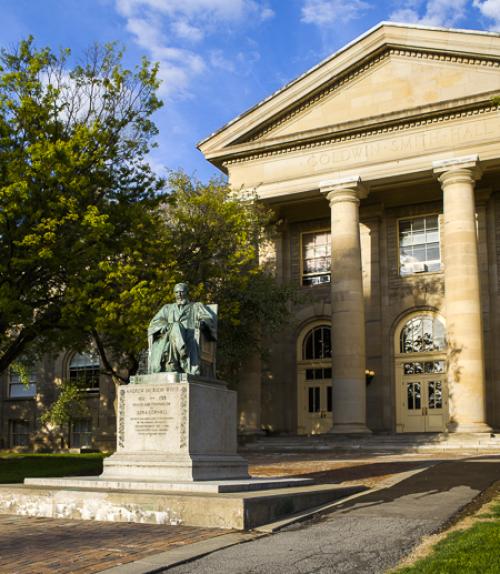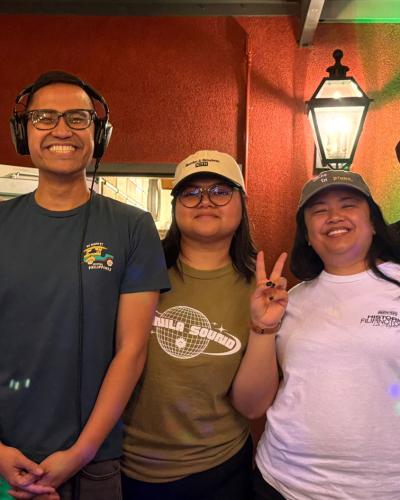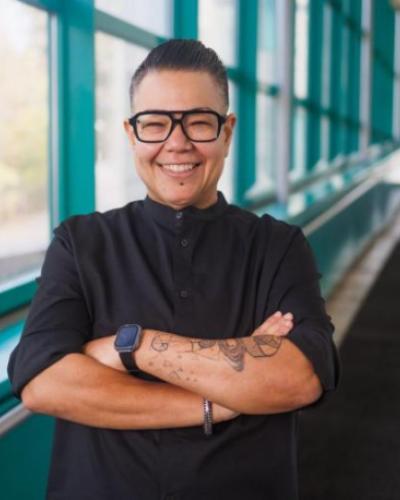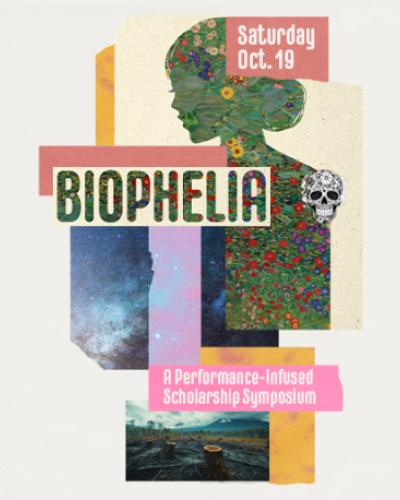Join the Department of Performing and Media Arts for BIOphelia Symposium, a multidisciplinary event taking place on October 16 and October 19.
Ophelia & plants share a salient relationship within the playworld of Hamlet. In centering her botanical knowledge, agency, and biophilic ecological engagements to “hold the mirror up to Nature” this multidisciplinary symposium offers a mix of perspectives empowering an eco-feminist revival of the shared roles between Ophelia & her plants. Incorporating student-centered practice-based-research, performance workshops, scholar-led discussions, and communal engagement we will converge this fall.
Watch the BIOphelia Trailer
Wednesday, October 16: Eco-Hamlet Preview Session
10:30 a.m. - 12:00 p.m. Black Box Theatre
Curated discussion w/Professor Michael Charles (Environmental Engineering)
The Anthropocene: “Hoist on our own petard” & Student Work-Sharings
Free & Open to the public – no reservation required
Saturday, October 19: BIOphelia Symposium - a Celebratory Scholarship & Performance Event
2:00 p.m. – 6:00p.m., Film Forum, Get Tickets
Performance sharings
Botanic Gardens plants curating
Expert helmed thematic investigations
Community oriented engagement
“With my colleagues Associate Professor of Literatures in English Jessica Rosenberg & PMA Professor Bruce Levitt, we have been cultivating a convergence with faculty both here at Cornell in the Sciences, Botanic Gardens staff, and experts elsewhere to engage in practice-based-research to further the knowledge, agency, and potential for action embedded within Ophelia’s rich relationships with plants & her act 4 scene 5 intention to offer gifts of botanical healing.” Says PMA Senior Lecturer Theo Black.
Levitt added that his role includes “staging the three scenes we’re presenting to symposium attendees. We employing the natural elements Shakespeare incorporates into our presentation to explore how the use of those references in a kinetic manner, contributes to the insights of the text and the characters.”
Central to this project is Tanja Beer’s critical framework for Ecoscenography:
- Collaboration – jointly cultivated work, rather than a top-down structure
- Celebration – convergence between collaborators & audiences to share the work
- Circulation – ensuring portals for extension beyond celebration are seeded within the wor
BIOPHELIA bridges the collaborative & celebratory into circulation through environmental justice work, with solidarity & tangible support for Rootwork Herbals – engaging Ophelia as our salient contemporary. “
*** SUPPORT ROOTWORK HERBALS DIRECTLY ON GOFUNDME ***
Listen to the PMA Podcast Episode 61: BIOphelia (Associate Professor Jessica M. Rosenberg, Literatures in English, and Cornell Senior Tess Lovell)
Collaborator Credits:
PMA Faculty:
PMA Students sharing practice-as-research performances
Eco-Design:
Cornell Collaborators:
Jessica Rosenberg (Literatures in English)
Johannes Lehmann (School of Integrative Plant Science)
Giulia Friso (School of Integrative Plant Science)
Michael Charles (Biological & Environmental Engineering)
Alice Wolff (Medieval Studies)
Kathy Vidovich (Botanic Gardens)
Missy Bidwell (Botanic Gardens)
Bridging Cornell & Ithaca:
Taylor Rae (Educator & Herbalist)
Beyond Cornell:
Randall Martin is Emeritus Professor at the University of New Brunswick and an Adjunct Research Professor at The University of Western Ontario. His latest book, Shakespeare and Ecology, was published in 2015. In 2018 he co-edited a special issue of Shakespeare Bulletin with Evelyn O’Malley on “Eco-Shakespeare in Performance.” During 2019-22 he led an international research-in-performance project, Cymbeline in the Anthropocene cymbeline-anthropocene.com. His latest essay, "Creations/recreations," about Lucretian and Darwinian variations in nature, appears in Shakespeare/Nature, ed. Charlotte Scott (2024). A new book, "Shakespeare, St Paul, and Dramatic Emancipation," is under consideration for publication.
Rebecca Laroche is professor of English at the University of Colorado, Colorado Springs. She has published on ecofeminist theory, Shakespeare, early modern women's writing, medical history, and recipe collections. In 2009, her monograph Medical Authority and Englishwomen’s Herbal Texts, 1550–1650 was published with Ashgate, and in 2011, she was the guest curator of the exhibition “Beyond Home Remedy: Women, Medicine, and Science” at the Folger Shakespeare Library and coeditor (with Jennifer Munroe) of Ecofeminist Approaches to Early Modernity. Again, with Jennifer Munroe, she has written Shakespeare and Ecofeminist Theory (2017) for the Arden Shakespeare and Theory series. She helped establish the Early Modern Recipes Online Collective (EMROC), now in its 13th year.
This symposium is co-sponsored by Performing & Media Arts and Literatures in English, Environment & Sustainability, the Society for the Humanities, CNY Humanities Corridor & Mellon Rural Humanities Grant Initiative.

